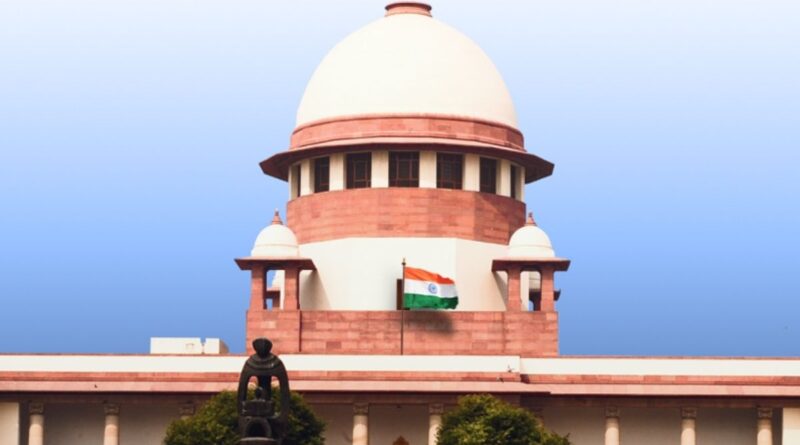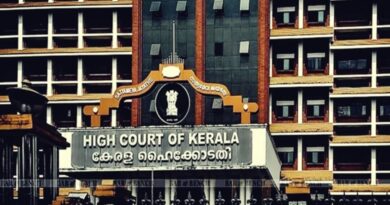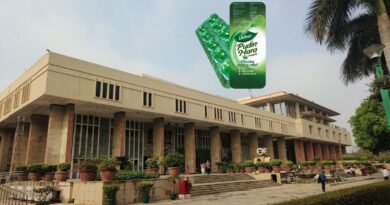Supreme Court Rejects Video Conferencing Plea in 2008 Ahmedabad Blasts Case
The Supreme Court has refused to allow video conferencing for arguments in the appeals related to the 2008 Ahmedabad serial bomb blasts case, citing serious security risks for judges and witnesses.
A Bench of Justices MM Sundresh and Satish Chandra Sharma was hearing pleas by death row convicts, who wanted their senior counsel to argue virtually before the Gujarat High Court. The Court said that even limited video links would be akin to live streaming and could expose judges to greater threats.
Solicitor General Tushar Mehta, representing Gujarat, strongly opposed the plea. He stressed the sensitivity of the matter, which involved 56 deaths, 246 injuries, 6,000 exhibits, nearly eight lakh pages of records, and a 7,000-page judgment. He argued that such access could endanger both judges and protected witnesses.
Senior Advocate Aparna Bhat, appearing for the convicts, explained that the request was due to practical difficulties as the senior counsel, based in Mumbai, could not relocate to Ahmedabad for hearings that lasted only about an hour daily.
However, the Bench held that the issue went beyond convenience, noting that even controlled links could pose global exposure risks. “You are exposing a judge to great threat. Just see the case he is handling,” Justice Sharma observed.
At the same time, the Court recognised that defence lawyers must have full opportunity to argue, especially since 23 convicts face the death penalty. It directed the Gujarat High Court to ensure uninterrupted arguments for the Mumbai-based counsel so that he would not be required to travel repeatedly.
The Bench also clarified that while video conferencing for counsel would not be allowed, convicts in jail would continue to attend proceedings through existing video facilities.
The matter now remains before the Gujarat High Court, which has been hearing the appeals and death sentence confirmations since March 2025.
On 26 July 2008, a series of 21 bomb blasts shook Ahmedabad, killing 56 people and injuring 246. The Indian Mujahideen claimed responsibility. The trial, one of India’s largest terror cases, examined over 80,000 documents and 1,100 witnesses. In 2022, a special court sentenced 38 of the 49 convicted to death and 11 to life imprisonment.




